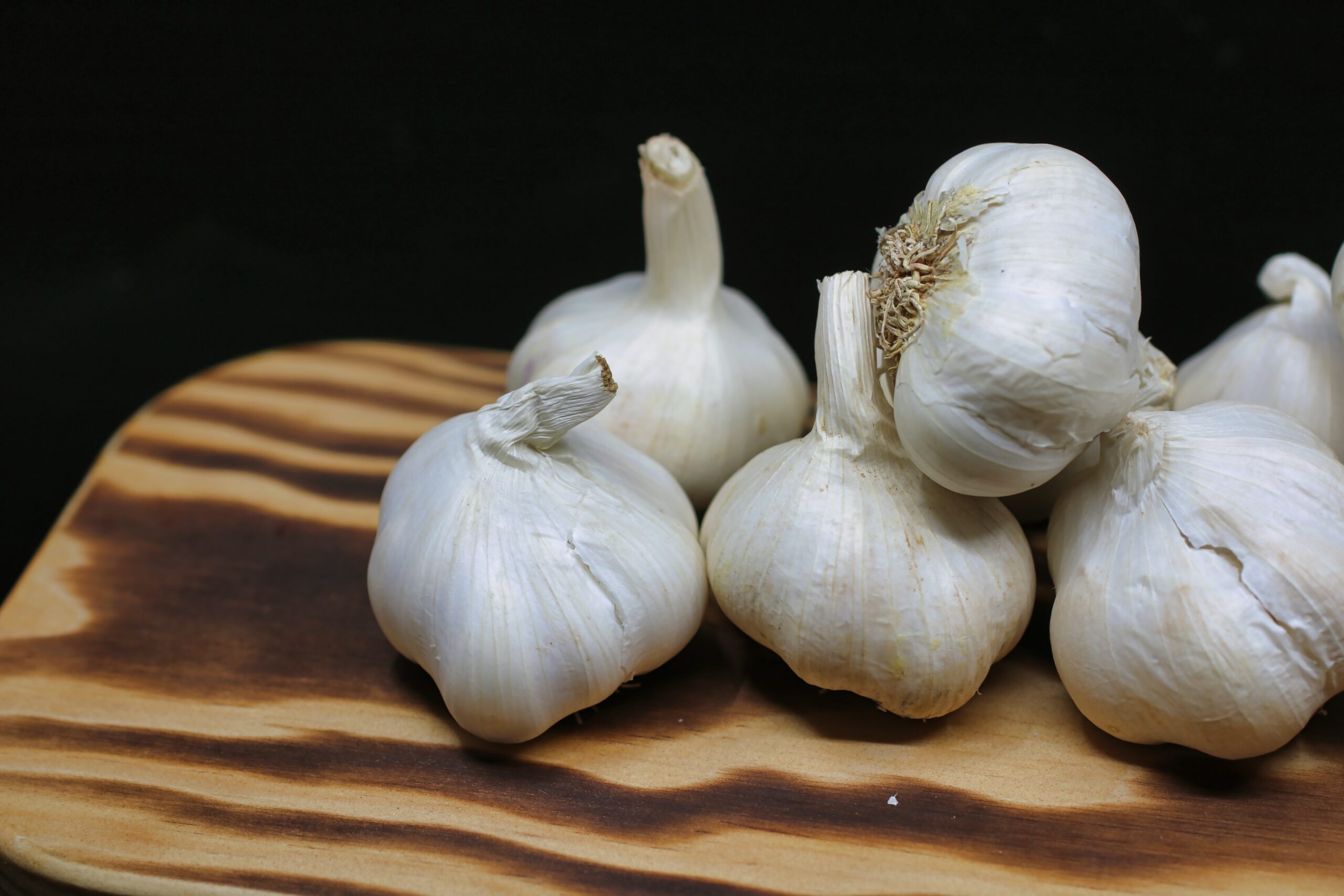A sore throat is a scratchy and uncomfortable feeling at the back of your throat. You will experience difficulty in speaking and swallowing. It is typically caused by infections like the common cold, flu, and strep throat. Although a sore throat can be very uncomfortable, they frequently go away on their own within a week. You should contact a doctor if your sore throat lasts more than a week, gets worse, or if you encounter symptoms like fever or enlarged lymph nodes.
There are ways to relieve pain while you wait for your sore throat to go away. If you are looking for easy, affordable at-home remedies that you can use to relieve sore throat, you’re in the right place. In this post, we are going to give helpful at-home methods that people of all ages can use to ease throat soreness. Read on to find out remedies for sore throat that you may already have in your pantry.
At-Home Methods for Easing Sore Throat for Adults
If you are an adult, try these common remedies to alleviate your sore throat.
1. Broth or soup
Traditional soups may be difficult to swallow if you have a sore throat, but a warm (not hot) broth can help. One of the traditional treatments for throat and respiratory ailments is chicken soup. Although this cure has probably been mentioned in a lot of anecdotes, an earlier study also endorsed its usage.
2. Throat lozenges or cough drops
Cough drops are medicinal lozenges that resemble candies and are used to treat sore throats and stop excessive coughing. Cough drops and lozenge tablets frequently perform the same functions. They encourage salivation, which coats and keeps the throat moist and immediately relieves sore throat pain.
3. Saltwater gargle
Even while it might not give you immediate comfort, salt water is still a powerful treatment for eradicating bacteria, liquifying mucus, and reducing pain. Mix one teaspoon of table salt with 8 ounces of warm water. Gargle the mixture for 15 to 30 seconds, then spit it out. Add one half-teaspoon of baking soda with the saltwater to kill bacteria as well.
4. Tea with honey
To relieve throat irritation, combine the soothing properties of honey with the warmth of the tea. Honey may work well as a cough suppressant if you have a persistent cough in addition to a sore throat. A warm glass of water or tea should be thoroughly stirred after adding two tablespoons of honey. When necessary, sip throughout the day. Both for its flavor and its astringent and anti-inflammatory qualities, chamomile tea is preferred. To give your tea an extra boost of vitamin C, add some lemon juice.
5. Peppermint
The power of peppermint to freshen the breath is well known. Along with certain antibacterial and antiviral activities, it also possesses anti-inflammatory characteristics. Additionally, peppermint includes the chemical menthol, which thins mucus and soothes coughs and sore throats.
There are numerous peppermint teas you can buy, but you may also prepare your own. Boil some water, add some dried peppermint leaves, and let the concoction sit for a while. After a few minutes, filter the tea and give it a moment to cool.
6. Garlic
Garlic has inherent antimicrobial qualities. According to a 2014 literature review on the multiple therapeutic applications of garlic, it contains allicin, a substance known for its capacity to combat infections. A report from 2018 claims that daily consumption of garlic supplements can aid in the treatment and prevention of upper respiratory tract infections. A painful throat may result from the same respiratory tract illnesses.
7. Cayenne pepper or hot sauce
Cayenne pepper contains capsaicin, a naturally occurring chemical recognized for inhibiting pain receptors, and is frequently used as a pain reliever. It has been reported, but not scientifically verified, that taking cayenne with warm water and honey can relieve sore throat pain. As both can be very hot, start with a small amount of cayenne or a few drops of hot sauce. Remember that a burning sensation at first is normal. If you have an open sore in your mouth, you shouldn’t consume cayenne.
8. Cold fluids
Although it may seem contradictory, sucking on something cold or drinking very cold water can numb the throat. Drinking cold liquids helps ease the discomfort of a sore throat. You can also suck on an ice pop or ice cube in addition to drinking cold liquids. But avoid drinking cold orange juice or other acidic beverages; they will simply make the pain worse.
9. Steam or humidity
A sore throat may become more inflamed in dry air. It may be beneficial to increase the air’s moisture content. For instance, breathing in steam helps soothe a sore throat. Pour recently-boiled water into a bowl to achieve this. Cover your head with a cloth and inhale normally, letting the steam in through your mouth and nose. Spend 10 to 15 minutes doing this. For the bowl to stay steamy, you might need to add extra freshly boiled water.
You can also close the bathroom door and set your shower to the hot setting. You can breathe in the warm, humid air after the bathroom starts to steam up. A humidifier can also be used to provide moisture to the air.
10. Hot toddy
A hot toddy is a mixed beverage composed of hot water, whiskey, honey, and lemon juice. Some individuals include spices like ginger, nutmeg, or cinnamon. You must be of legal drinking age to try this.
11. Rest
Resting up at the end of the day can be exactly what you need. Try to relax if you start to feel a sore throat coming on, and make sure you’re getting enough sleep. Resting your voice could also be a good idea. Talking loudly, singing loudly, or shouting may aggravate your already sore throat.
At-Home Methods for Easing Sore Throat for Young Children
The good news is that while newborns and young children’s sore throats are undoubtedly unpleasant, they rarely indicate a medical emergency on their own. Even so, newborns and kids could need different medical care than adults. Here are a few methods:
1. Your child’s room should have a cold mist humidifier. Air moisture helps ease the discomfort of a sore throat.
2. Encourage children to drink as much as they can to keep them hydrated. Avoid citrus-heavy beverages and ice pops because they are irritant-prone and acidic.
3. Hard lozenges or anything else that could cause a choking hazard shouldn’t be given to children under the age of five. Give youngsters in elementary school lozenges with caution.
4. Young children under the age of one should not be given honey.
What to Avoid with a Sore Throat
Even while all of these treatments have been found to reduce sore throat discomfort, there are some things you might want to avoid. Exposure to particular foods or environmental elements can make sore throat symptoms worse. Avoid dry air, smoking, secondhand smoke, air pollution, potential allergens like pollen, mold, or pet dander, chemical fumes from household cleaners, alcohol, acidic foods or drinks, such as citrus, tomatoes, or carbonated beverages, dry or rough foods like pretzels, chips, or popcorn, and spicy foods while you’re recovering.
Common sore throats, as was previously noted, typically resolve on their own. After 48 hours, if none of these at-home methods are working, you should see a doctor.
Conclusion
These are some at-home methods for easing throat soreness. Now that you know about these methods, you may find relief for your sore throat. We hope this post helped you learn methods for easing throat soreness and may help you feel better and save you a trip to the doctor’s office.


